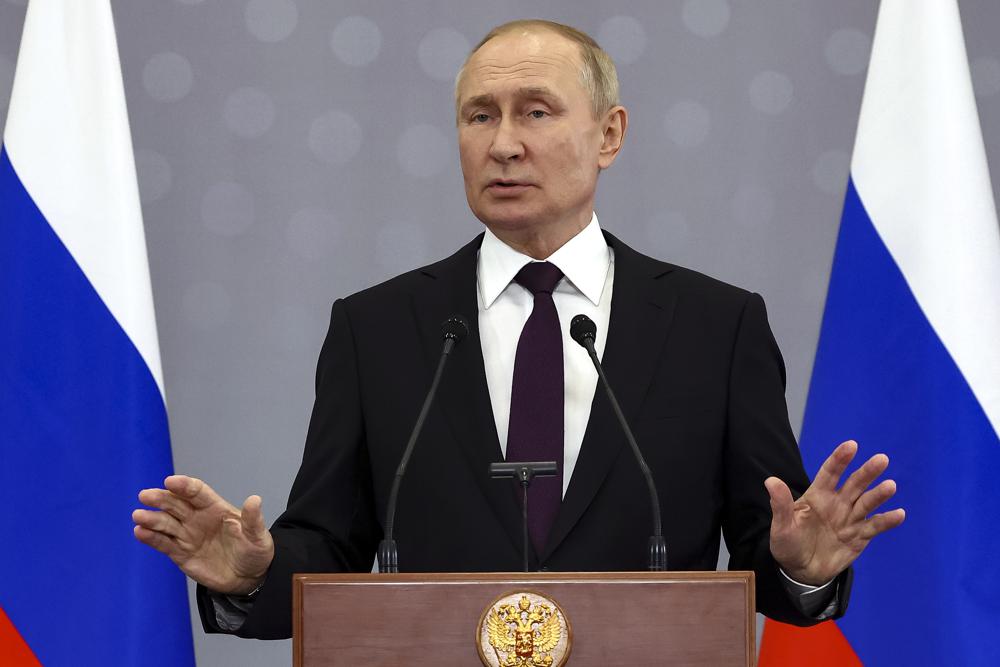Rise to Power:
Vladimir Putin's journey to the presidency is a testament to his shrewd political acumen and determination. Rising through the ranks of the Russian government, Putin served in various roles, including as Director of the Federal Security Service (FSB) and Prime Minister, before assuming the presidency in 2000. Since then, he has wielded considerable power and influence, shaping Russia's domestic policies and its interactions with the international community.
Authoritarian Leadership Style
Putin's leadership style is characterized by a strong centralization of power and a firm hand in governing. Critics often accuse him of authoritarian tendencies, citing crackdowns on political dissent, restrictions on media freedom, and the suppression of opposition voices. Despite these criticisms, Putin maintains a significant level of popular support within Russia, bolstered by his image as a strong leader who prioritizes national security and stability.
Foreign Policy and Geopolitical Ambitions
On the global stage, Putin has pursued a assertive foreign policy agenda aimed at restoring Russia's status as a major player in international affairs. He has adopted a pragmatic approach, leveraging Russia's energy resources and military capabilities to assert its influence in regions such as Eastern Europe, the Middle East, and Central Asia. Putin's annexation of Crimea in 2014 and Russia's military intervention in Syria are among the most notable manifestations of his assertive foreign policy stance.
Challenges and Controversies
Despite his political prowess, Putin faces numerous challenges and controversies both domestically and internationally. Economic stagnation, corruption, and demographic issues pose significant hurdles to Russia's long-term development. Internationally, Putin's actions have drawn condemnation from Western powers, leading to strained relations and economic sanctions against Russia.
Legacy and Future Prospects
As Putin approaches two decades in power, questions loom over the future direction of Russia and its place in the world. While his supporters applaud his efforts to restore Russia's standing on the global stage, critics raise concerns about the erosion of democratic norms and human rights under his leadership. The legacy of Vladimir Putin is a complex tapestry of power, influence, and controversy that continues to shape the course of Russian politics and international relations.
Conclusion
Vladimir Putin's tenure as President of Russia has been marked by a combination of strength, resilience, and controversy. Whether viewed as a decisive leader who restored Russia's stature or a authoritarian figure who stifled dissent, Putin's impact on Russian politics and the global stage is undeniable. As Russia navigates the challenges of the 21st century, the legacy of Vladimir Putin will continue to reverberate for years to come.
Composed by:Hedwig Francis Mwendwa

